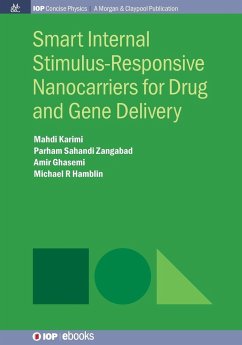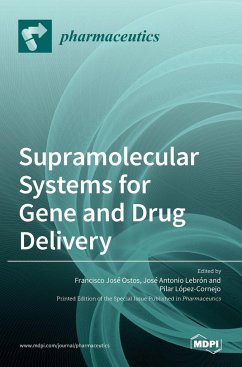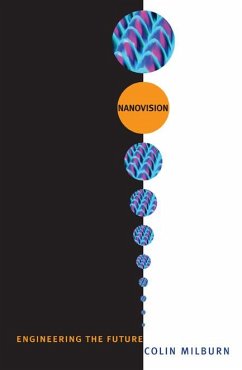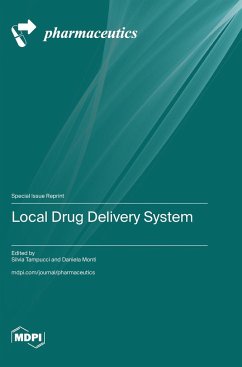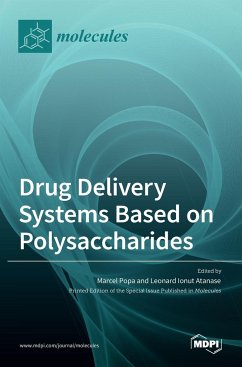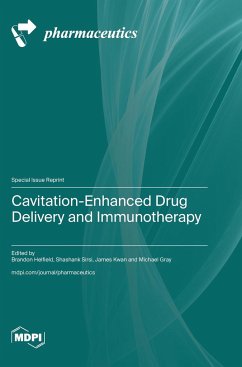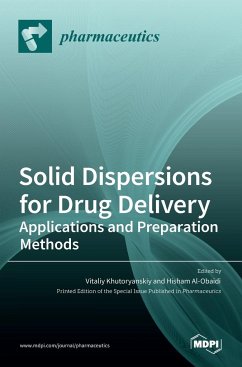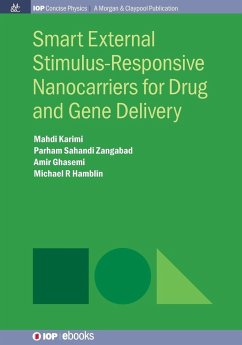
Smart External Stimulus-Responsive Nanocarriers for Drug and Gene Delivery
Versandkostenfrei!
Versandfertig in 1-2 Wochen
46,99 €
inkl. MwSt.
Weitere Ausgaben:

PAYBACK Punkte
23 °P sammeln!
The concept of smart drug delivery vehicles involves designing and preparing a nanostructure (or microstructure) that can be loaded with a cargo, this can be a therapeutic drug, a contrast agent for imaging, or a nucleic acid for gene therapy. The nanocarrier serves to protect the cargo from degradation by enzymes in the body, to enhance the solubility of insoluble drugs, to extend the circulation half-life, and to enhance its penetration and accumulation at the target site. Importantly, smart nanocarriers can be designed to be responsive to a specific stimulus, so that the cargo is only relea...
The concept of smart drug delivery vehicles involves designing and preparing a nanostructure (or microstructure) that can be loaded with a cargo, this can be a therapeutic drug, a contrast agent for imaging, or a nucleic acid for gene therapy. The nanocarrier serves to protect the cargo from degradation by enzymes in the body, to enhance the solubility of insoluble drugs, to extend the circulation half-life, and to enhance its penetration and accumulation at the target site. Importantly, smart nanocarriers can be designed to be responsive to a specific stimulus, so that the cargo is only released or activated when desired. In this volume we cover smart nanocarriers that respond to externally applied stimuli that usually involve application of physical energy. This physical energy can be applied from outside the body and can either cause cargo release, or can activate the nanostructure to be cytotoxic, or both. The stimuli covered include light of various wavelengths (ultraviolet, visible or infrared), temperature (increased or decreased), magnetic fields (used to externally manipulate nanostructures and to activate them), ultrasound, and electrical and mechanical forces. Finally we discuss the issue of nanotoxicology and the future scope of the field.



